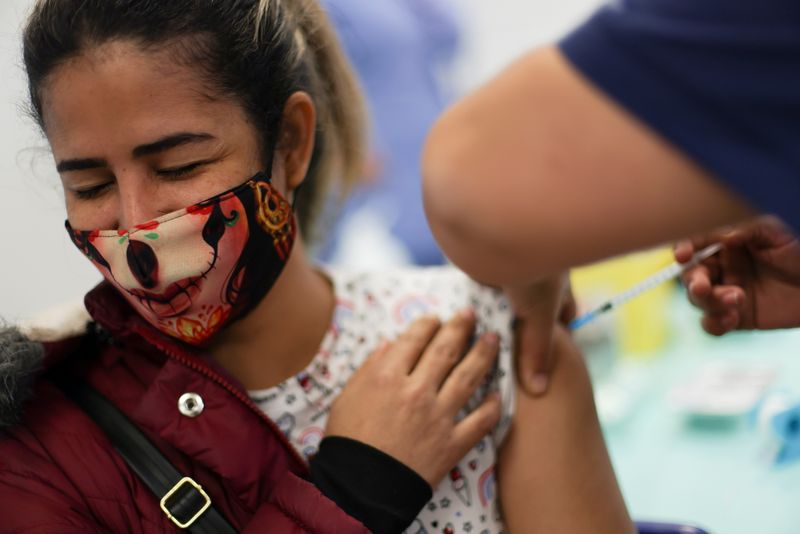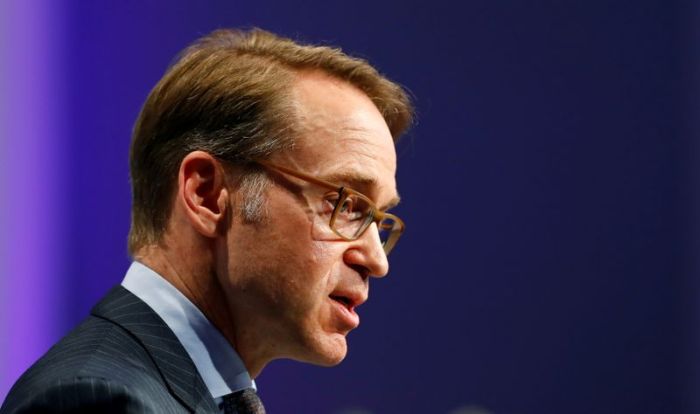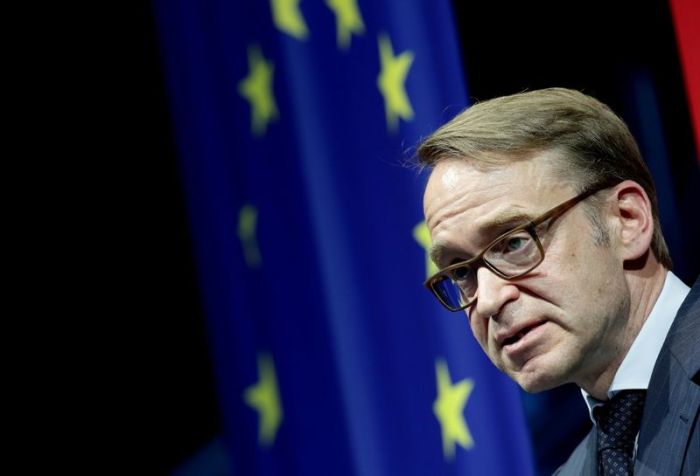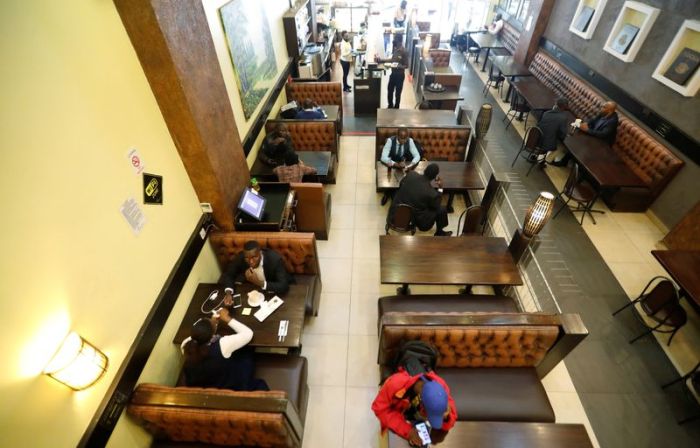MEXICO CITY (Reuters) – Countries should grant entry to vaccinated travelers regardless of which shot they received to prevent discrimination and facilitate business, a top official of the Pan American Health Organization (PAHO) said on Wednesday.
With vaccination rates on the rise, countries are facing fresh questions about how to contain the spread of COVID-19 while easing pandemic travel restrictions.
The United States last week said it would reopen the land border with Mexico – the busiest in the world – but only allow people who have been inoculated with vaccines authorized by the World Health Organization (WHO), leaving out two shots heavily used in Mexico – Russia’s Sputnik V and one from China’s Cansino Biologics.
“It is very important that countries can reach bilateral, multilateral agreements, so that all the vaccines that are being used can be accepted,” PAHO Assistant Director Jarbas Barbosa told a news conference.
“It can facilitate tourism, it can facilitate business, it is in the interest of society,” Barbosa said.
Turning away people based on their vaccine could unfairly impact certain travelers, he said, adding, “This could undoubtedly create a kind of discrimination.”
Millions of Mexicans have been vaccinated with Sputnik V and Cansino shots. Mexico President Andres Manuel Lopez Obrador said he will urge the WHO to speed up approvals.
Forty-one percent of people across Latin America and the Caribbean have now been fully vaccinated against COVID-19, although not evenly across the region, PAHO Director Carissa Etienne said.
The COVAX vaccine sharing program is scheduled to provide another 4.6 million shots to the region by the end of the week.
Etienne urged people to get vaccinated against both COVID-19 and influenza, noting that some people could have lower defenses against the flu from staying at home and social distancing.
(Reporting by Daina Beth Solomon; Editing by Jonathan Oatis and Bill Berkrot)

























